Which of the following will undergo sulphonation at fastest rate ?
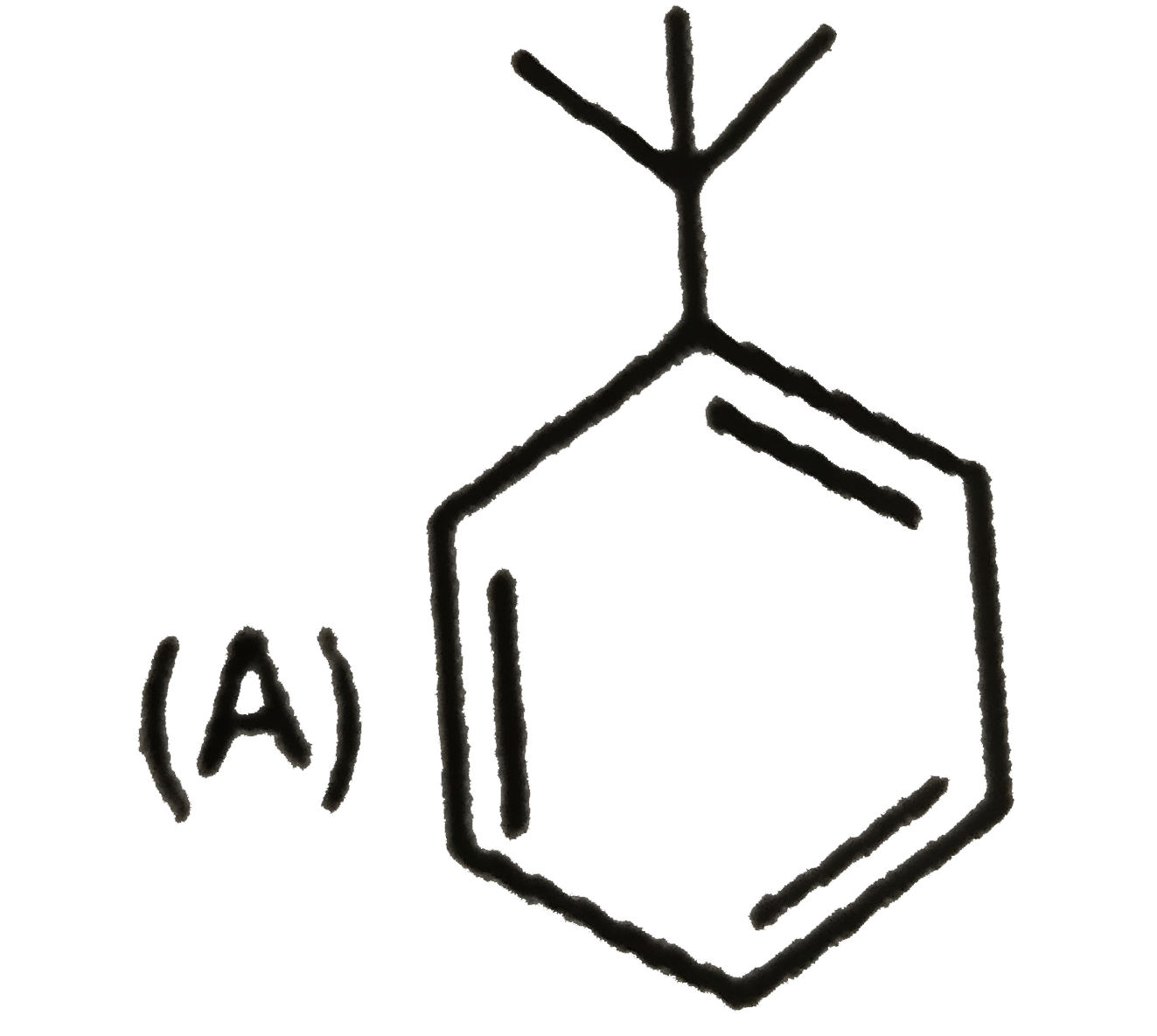
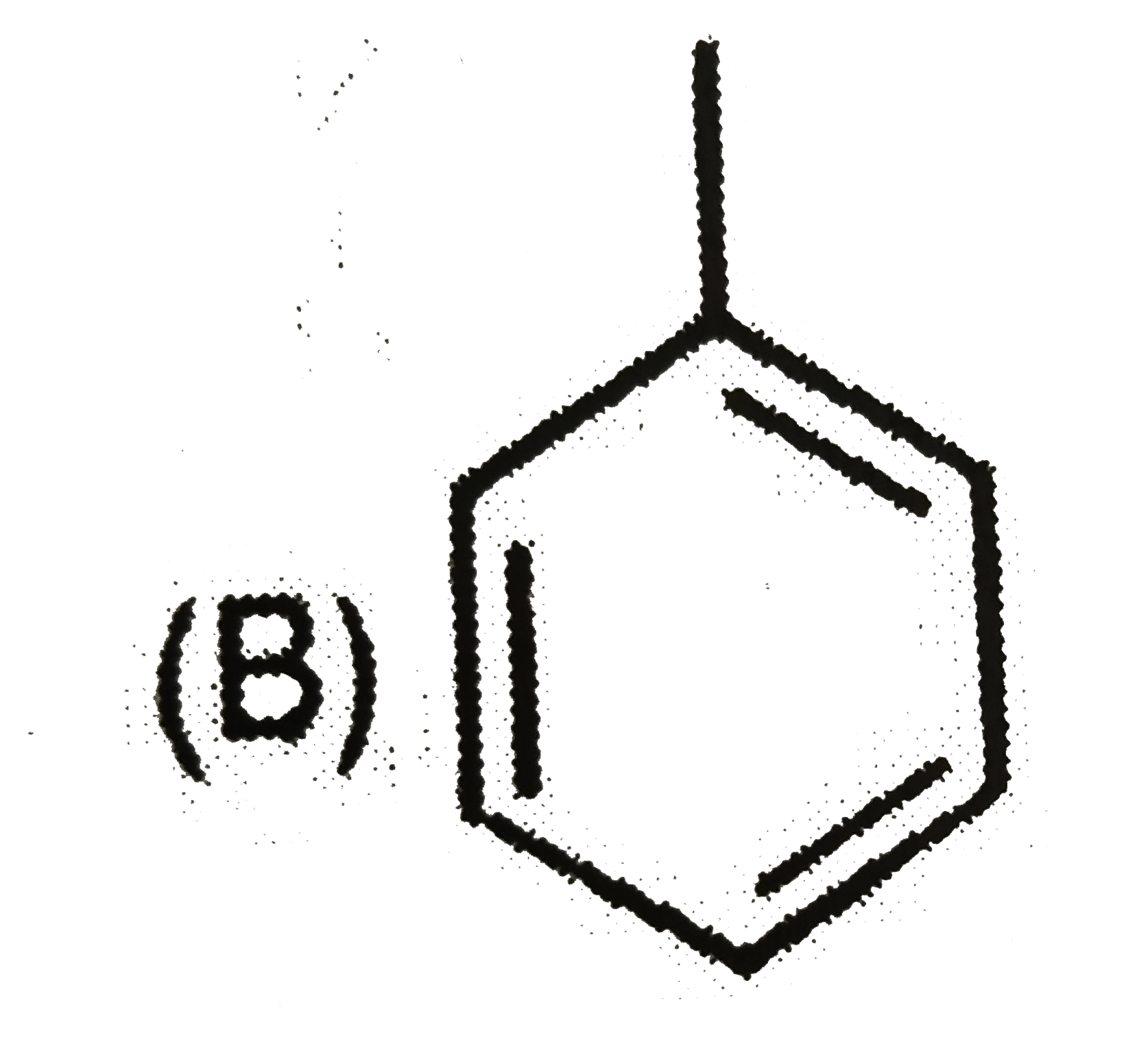
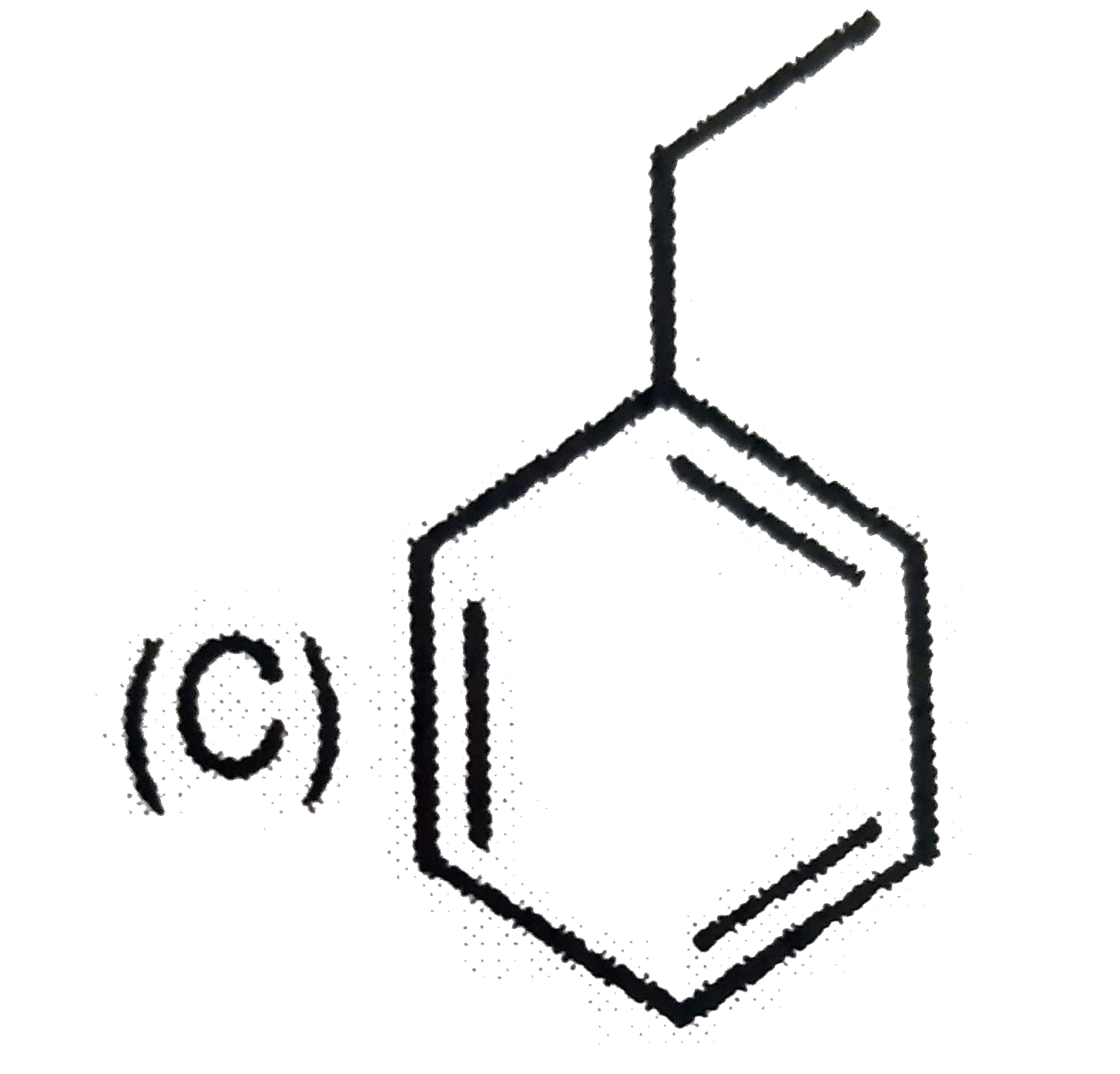
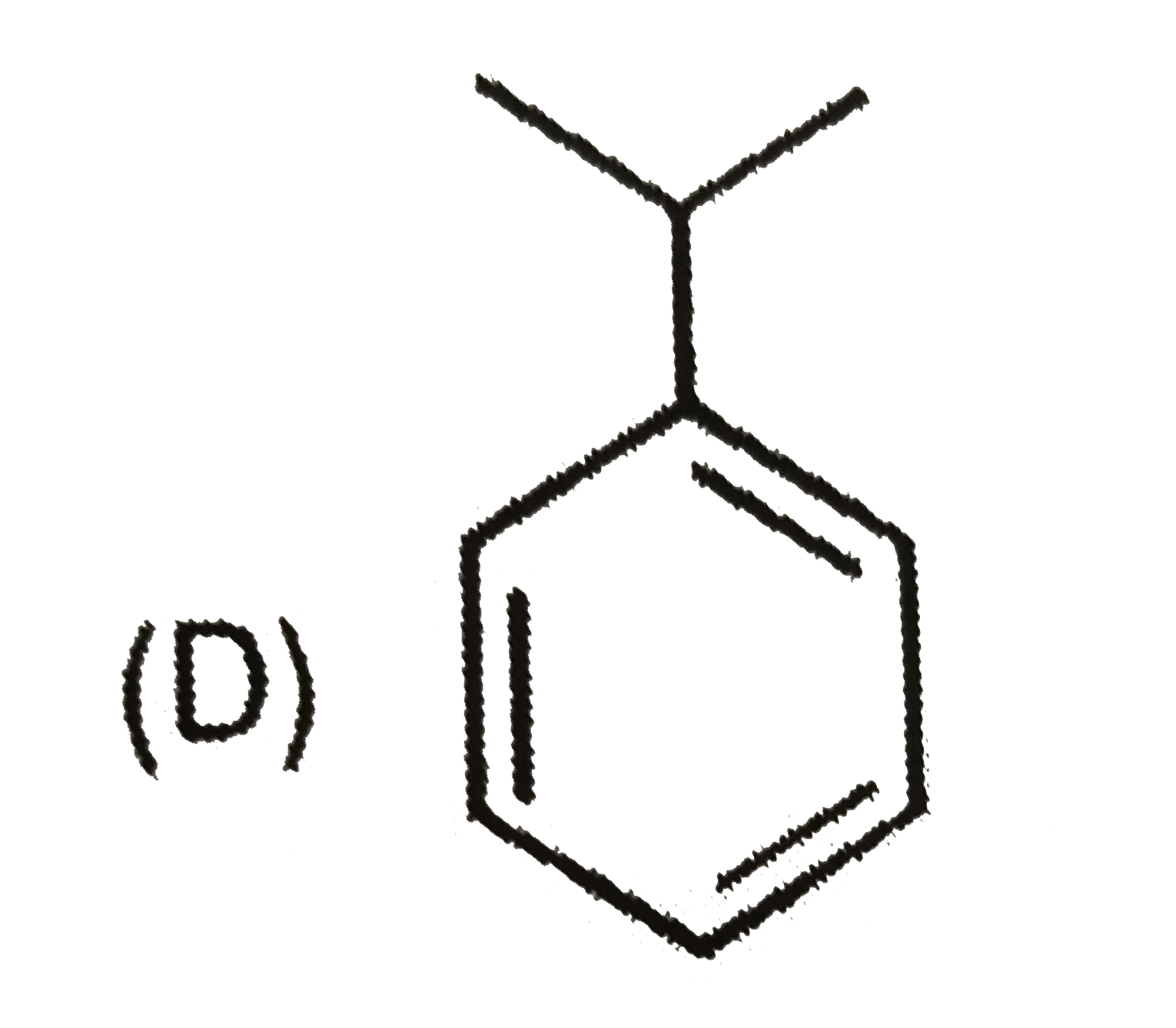
The correct Answer is:B
To determine which compound undergoes sulphonation at the fastest rate, we need to analyze the electron density on the benzene rings of the given compounds. The sulphonation reaction is an electrophilic substitution reaction where the sulphonyl group (SO3H) acts as an electrophile. The rate of sulphonation is influenced by the electron density of the benzene ring; higher electron density leads to a faster reaction.
1. Understanding Sulphonation:
- Sulphonation is an electrophilic substitution reaction where the sulphonyl group (SO3H) replaces a hydrogen atom on the benzene ring. The electrophile (SO3) is generated from concentrated sulfuric acid.
2. Identify the Compounds:
- The question provides four compounds, all of which are derivatives of benzene with different alkyl groups attached.
3. Determine Electron Density:
- The rate of sulphonation depends on the electron density on the benzene ring. Alkyl groups are electron-donating groups and increase the electron density through inductive (+I) and hyperconjugation effects.
4. Analyze Each Compound:
- Compound A: Has a single CH3 group. It contributes +I effect but lacks alpha hydrogens for hyperconjugation.
- Compound B: Has a CH3 group with three alpha hydrogens. It contributes both +I and significant hyperconjugation, increasing electron density.
- Compound C: Has a CH3 group with two alpha hydrogens. It contributes +I and some hyperconjugation but less than compound B.
- Compound D: Has a CH3 group with only one alpha hydrogen. It contributes +I and minimal hyperconjugation.
5. Compare the Effects:
- The electron-donating effects of the alkyl groups increase the electron density on the benzene ring, making it more reactive towards electrophiles.
- Among the compounds, compound B has the highest electron density due to the maximum number of alpha hydrogens contributing to hyperconjugation.
6. Conclusion:
- Since compound B has the highest electron density due to the presence of three alpha hydrogens, it will undergo sulphonation at the fastest rate compared to the other compounds.
Final Answer:
- The compound that will undergo sulphonation at the fastest rate is Compound B.
- Sulphonation is an electrophilic substitution reaction where the sulphonyl group (SO3H) replaces a hydrogen atom on the benzene ring. The electrophile (SO3) is generated from concentrated sulfuric acid.
- The question provides four compounds, all of which are derivatives of benzene with different alkyl groups attached.
- The rate of sulphonation depends on the electron density on the benzene ring. Alkyl groups are electron-donating groups and increase the electron density through inductive (+I) and hyperconjugation effects.
- Compound A: Has a single CH3 group. It contributes +I effect but lacks alpha hydrogens for hyperconjugation.
- Compound B: Has a CH3 group with three alpha hydrogens. It contributes both +I and significant hyperconjugation, increasing electron density.
- Compound C: Has a CH3 group with two alpha hydrogens. It contributes +I and some hyperconjugation but less than compound B.
- Compound D: Has a CH3 group with only one alpha hydrogen. It contributes +I and minimal hyperconjugation.
- The electron-donating effects of the alkyl groups increase the electron density on the benzene ring, making it more reactive towards electrophiles.
- Among the compounds, compound B has the highest electron density due to the maximum number of alpha hydrogens contributing to hyperconjugation.
- Since compound B has the highest electron density due to the presence of three alpha hydrogens, it will undergo sulphonation at the fastest rate compared to the other compounds.
- The compound that will undergo sulphonation at the fastest rate is Compound B.
Topper's Solved these Questions
- ORGANIC REACTION MECHANISMS - IIBOOK - RESONANCE ENGLISHCHAPTER - ORGANIC REACTION MECHANISMS - IIEXERCISE - Exercise-1 Part-3
2 Videos
- ORGANIC REACTION MECHANISMS - IIBOOK - RESONANCE ENGLISHCHAPTER - ORGANIC REACTION MECHANISMS - IIEXERCISE - Exercise-2 Part-1
11 Videos
- ORGANIC REACTION MECHANISMS - IIBOOK - RESONANCE ENGLISHCHAPTER - ORGANIC REACTION MECHANISMS - IIEXERCISE - APSP Part - 3
22 Videos
- MOLE CONCEPTBOOK - RESONANCE ENGLISHCHAPTER - MOLE CONCEPTEXERCISE - ORGANIC CHEMISTRY(BASIC CONCEPTS)
27 Videos
- ORGANIC REACTION MECHANISMS-IVBOOK - RESONANCE ENGLISHCHAPTER - ORGANIC REACTION MECHANISMS-IVEXERCISE - APSP PART-3
22 Videos
Similar Questions
Knowledge Check
Which of the following undergoes sulphonation fast ?
A B
B C
C D
D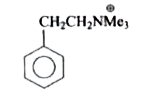
Which of the following will undergo aldol condensation?
A B
B C
C D
D
Which of the following compounds undergoes nitration at fastest rate ?
A B
B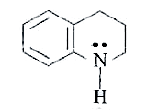 C
C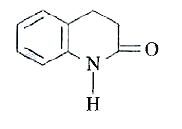 D
D
Which of the following animals undergo aestivation ?
View SolutionWhich of the following will undergo periodic oxidation?
View SolutionWhich of the following will not undergo aldol condensation ?
View SolutionWhich of the following will not undergo HVZ reaction ?
View SolutionWhich of the following will not undergo aldol condensation?
View Solution
